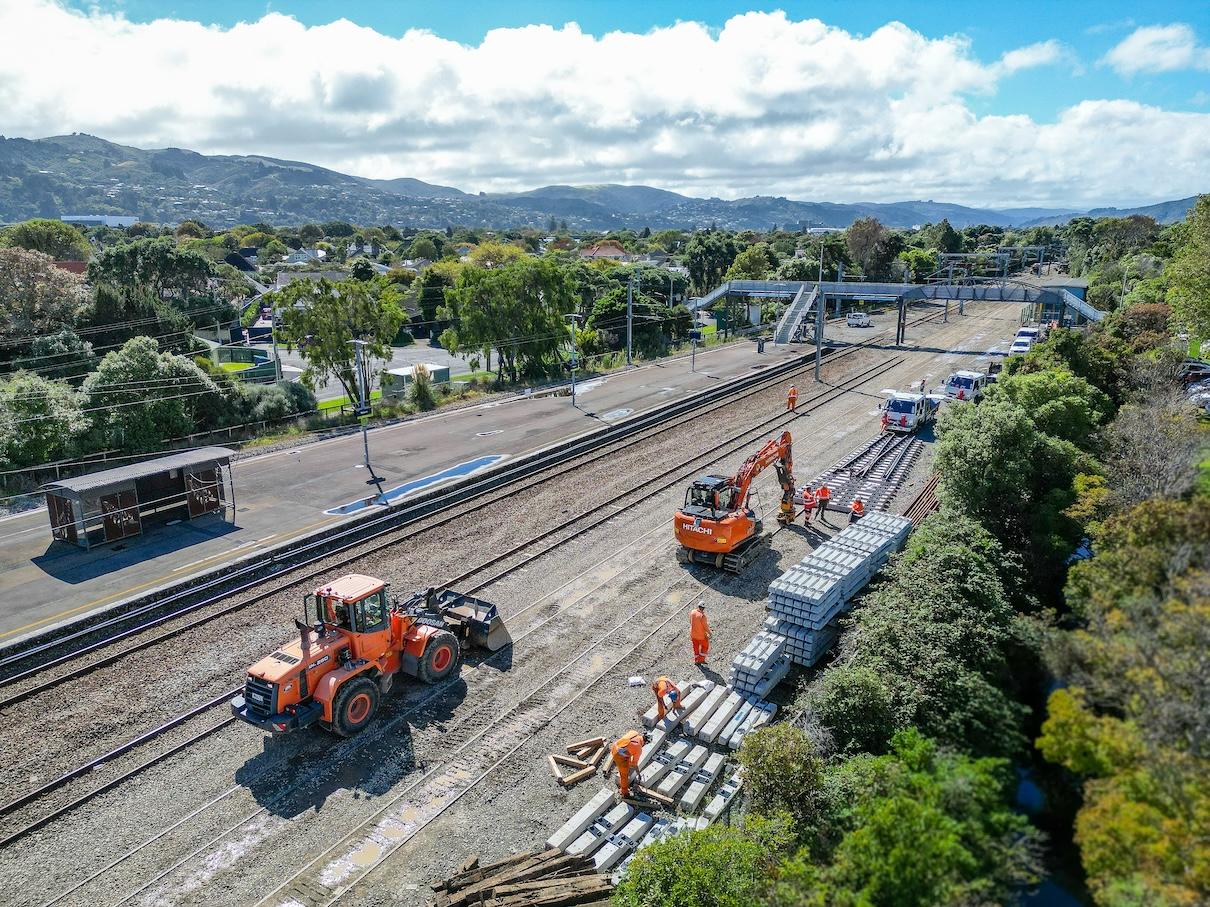Navigating property finance with lower CVs? We can show how to navigate the changing market and position your lending for better outcomes.
Date
14 July 2025
Share

With capital values softening across parts of New Zealand, many borrowers are finding that lower CVs can impact how much they can borrow — especially when property is being used as security. While CVs don’t directly set lending limits, they influence how lenders assess risk and scale your available equity. At Finance New Zealand, we help clients navigate these challenges by working with multiple lenders, using alternative forms of security, and structuring finance that supports long-term growth — even in a tighter lending environment.
Do lower CVs impact lending?
Lower capital values do not directly determine lending decisions, but they are a signal to lenders that the market is softening. This can affect how lenders assess the level of risk and the strength of your security position.
At each new lending application or annual review, banks reassess how your property stacks up as security for the loan. A lower CV may not change the loan terms on its own, but it can influence how much a lender is willing to offer, or whether additional security might be required.
At Finance New Zealand, we help structure and position your property finance for the best possible outcome, no matter the market conditions.
How property lenders scale property for lending decisions
As property values soften across New Zealand, many business owners are beginning to feel the impact, particularly when using property to support business lending. At each new lending application or annual review, banks reassess their security position relative to the lending provided. This is especially relevant for small businesses, where residential property often underpins commercial borrowing. Banks typically scale freehold residential property at 80% of its value, lifestyle properties at 70%, and commercial owner occupied properties at 60% to 65%. Specialist property types such as apartments, leasehold land, or bare sections are usually scaled even lower. This scaled security value determines how much secured lending a bank can offer. Lending beyond that is considered unsecured, which often comes with a higher interest rate, faster repayment terms, and is typically only available to well established businesses with strong financials.
Non bank and specialist lenders tend to be even more conservative, lending only 60% to 70% of property value. They may also conduct site inspections to assess location specific or construction related risks.
In short, falling property values reduce the scaled security value, limiting access to secured funding and increasing the cost of borrowing, making it more important than ever to work with a finance adviser like Finance New Zealand to structure your property finance strategically.
How Finance New Zealand can helps to position your property finance
At Finance New Zealand, we work with a wide range of main banks and specialist non bank property finance lenders — each with their own risk appetite, policies, and lending criteria. Our role is to help position your lending with the funder best suited to your needs, taking into account your loan to value ratio, repayment preferences, and long-term business goals.
We also look at your broader lending structure and can arrange access to equity in other assets. This may include vehicles, plant, equipment, or commercial property. The may help to strengthen your application and improve your overall borrowing capacity.
By understanding your full financial picture and leveraging our relationships across the lending market, we ensure your lending is structured to give you the best possible outcome — no matter the complexity or market conditions.
Common property valuation methods used by lenders
Lenders use a range of valuation tools to assess the market value of the property being used as security. the type of valuation required will depend on the size of the loan, the loan to value ratio (LVR), and the lender’s risk assessment. common methods include:
- Ival (automated valuation): a desktop-based estimate using recent comparable sales and data modelling. typically used for lower risk, low LVR lending.
- Registered valuation: a full independent report from a licensed valuer. often required for higher risk loans, such as low deposit purchases or development funding.
- Sale and purchase agreement: used to determine value at the time of purchase. may be supported by an ival or registered valuation if the purchase price varies from market data.
- Site inspection: used by some non bank or specialist lenders to assess construction progress, location risks, or property-specific conditions.
At Finance New Zealand, we help you understand what valuation is required and coordinate with the right providers to keep your application moving smoothly.
Do lenders have a preference for the region they will lend in within New Zealand?
Yes, some lenders do have regional preferences — particularly when it comes to property-based lending. While most main banks lend nationwide, they may apply tighter criteria or more conservative property scaling in certain areas where market demand is lower or where resale risk is higher.
Non bank and specialist lenders are often more selective, and may limit their exposure to regional, rural, or low growth areas. In some cases, they may even exclude specific locations entirely, especially for higher risk property types like bare land or leasehold titles.
At Finance New Zealand, we work with a wide network of lenders and understand their regional policies. This allows us to match your application with the right lender based on property location, type, and risk appetite.
See how we’ve helped other business owners structure their property finance and what they valued most about the experience.
Similar Posts
12 January 2026
Asset & Equipment Finance LVRs
Purchasing new vehicles, machinery, or equipment often raises one key question: how much deposit is required? The answer depends on more than just the asset. It comes down to LVRs (Loan to Value Ratio's), structure, and lender, policy & appetite. This article explains how asset and equipment finance LVRs work in New Zealand, and why advice matters.

27 November 2025
The Bottom of the Cycle? What the OCR Cut Means for 2026
Shifting interest rates are reshaping the way businesses finance equipment, vehicles and growth. Understanding these changes can help you make smarter, better-timed funding decisions.


Page Links
Contact us
Finance New Zealand Limited L11 BDO Tower, 19-21 Como Street, Takapuna, Auckland 0622 PO Box 65164, Mairangi Bay 0754 T: (09) 222 0320E: info@financenz.co.nzMember of


Proud Sponsors of Auckland Rescue Helicopter Trust
Copyright Finance New Zealand Ltd 2026



